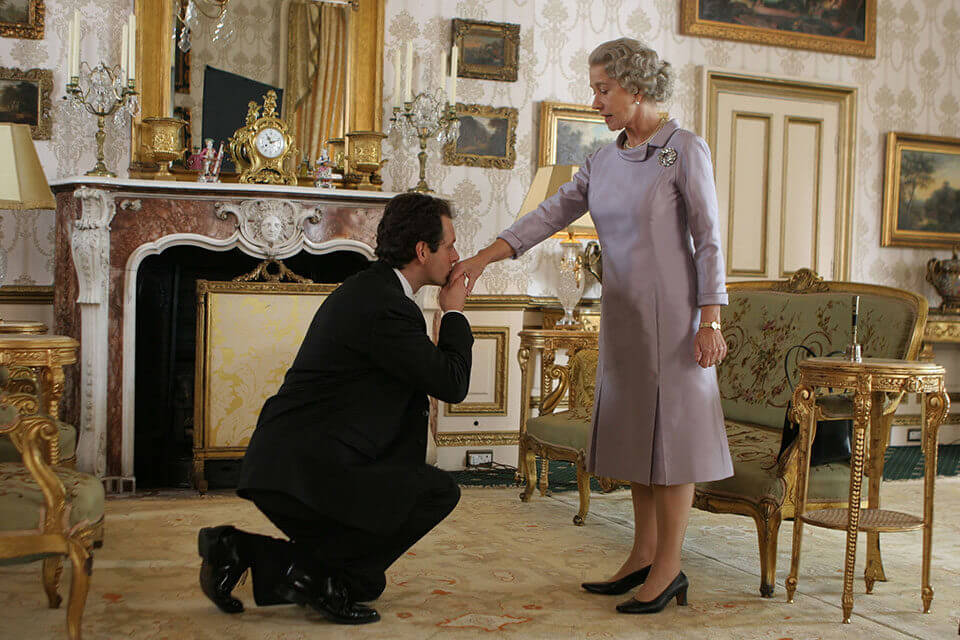Cautions Against Teaching Mastery

Given the sorry state of American public schools, it is not surprising that many classical Christian schools use words like “excellence” and “mastery” to describe their goals for students. The school that aims to graduate students with “mastery” over their subjects will obviously not be content with seniors who have only attained an 8th grade reading level. “Mastery” suggests a school where the bar is set high, a school that doesn’t give trophies for nineteenth place, a school where students do all their work “heartily as unto the Lord.” In this, I understand what many classical Christian schools mean when they tout the “mastery” their students attain over their subjects.
The thing is, you’re not going to teach teenagers to master Homer. Or Milton. Or Dante. Or the sonnet, the villanelle, or the encomium. There are people who have been studying Homer for thirty years that would laugh if you asked, “So, when did you master Homer’s works?”
Of course, you can teach children to master their multiplication tables. Children can master the names of the state capitals, the periodic table, and Latin chants. To some extent, data can be mastered. But Dante is not merely data and neither can he be turned into data.
For this reason, “mastery” is simply a word that ought to be more or less absent from standards of assessment used in theology classes, literature classes, philosophy classes. These are not things we master. If we have sufficient virtue, rather, we allow Dante, Milton, Solomon, and Homer to master us. Any school that aims to graduate eighteen-year-olds who have “mastered Dante and Homer” is actually aiming to graduate braggarts.
As opposed to “mastery,” I say it is better to graduate students who are followers— students who have a clear sense of who was right, who is worth listening to, who is worth obeying. Knowledge is not power. Knowledge is submission to nature. Wisdom is submission to the supernatural. It is far better to judge whether a classical education was successful by whether students pick up Dante and Homer again after they graduate. In fact, if classical students never pick up Dante again after graduating, there’s a good chance they believe they’ve mastered him.
What if classic literature teachers kept the unspoken goal of persuading their students—simply through the goodness and intrigue of their classes—to study classic literature in college? What would a classic literature class have to do in order for students to choose classics as their major in college? Even if a classic literature teacher could not persuade his students to do so, simply having such a goal would make his classroom ten times better—more lively, more profound— than the classroom which produced “masters.”

Joshua Gibbs
Joshua Gibbs teaches online classes at GibbsClassical.com. He is the author of How To Be Unlucky, Something They Will Not Forget, and Blasphemers. His wife is generous and his children are funny.










